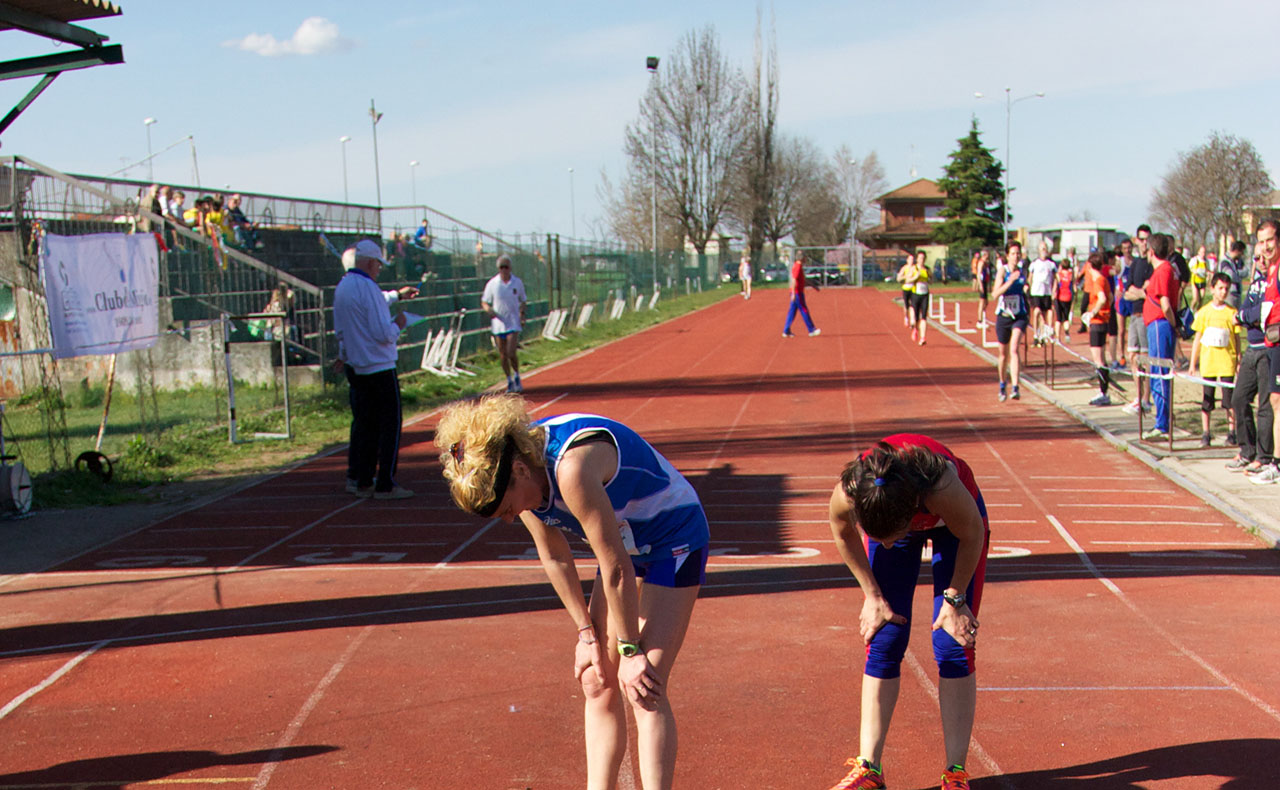Burnout or Depression? Understanding the Unique Mental Health Needs of Athletes

Published
Athletes as a Special Population
Mental illness affects approximately 61.5 million Americans each year1; despite this, mental health continues to carry negative stigma that interferes with proper treatment and effective care (National Alliance on Mental Illness, 2013). This is especially true for athlete populations. Athletic culture and a self-help mentality lead athletes to seek treatment less often and reject treatments at higher rates than non-athletes (Watson, 2005). Oftentimes, mental illness in athletes goes underdiagnosed. Thus, athletes should be considered a special population with needs unique from non-athlete counterparts (Beauchemin, 2014; Etzel & Watson, 2007).
Burnout VS. Depression
Depression in athletes is specifically underdiagnosed. Part of this issue stems from the similarities between Major Depressive Disorder (MDD) and Burnout. Major Depressive Disorder involves either depressed mood or loss of interest/pleasure in nearly all activities for a period of at least 2 weeks; this also involves other symptoms like changes in sleep, appetite, energy, and concentration (American Psychiatric Association, 2013). Overtraining or burnout in athletes can involve almost identical symptoms. These similarities provide difficulties for practitioners working with athletes; awareness of these similarities is vital for appropriate referrals, care, and competence in treatment.
Common Symptoms of BOTH Depression and Burnout
- Fatigue
- Lack of motivation/energy
- Irritability
- Feeling discouraged
- Difficulty sleeping
- Difficulty maintaining responsibilities
- Denial or avoidance to seek treatment
- Inadequate or reduced coping skills
Differences in Depression and Burnout
- Role Dysfunction: Inability to fulfill designated roles in work, school, or sport
- Burnout involves role dysfunction in athletic performance
- Depression involves role dysfunction of social, cognitive, and work settings
- For athletes, role dysfunction may occur in all domains
- Duration
- Burnout: Anywhere from 1 week onward
- Typically resolved with rest
- MDD: Minimum of 2 weeks
- Not resolved with rest
- Burnout: Anywhere from 1 week onward
Recommendations
Awareness and insight into this issue among professionals is crucial to ensure comprehensive and ethical care of athletes. AASP CMPCs® are encouraged to develop a vast and comprehensive referral network, including physicians, psychologists, athletic trainers, and coaches. Further, programs that adapt interventions to consider athlete culture are essential to meet the current needs of athletes regarding both mental health and performance programming. These discussions are vitally important to the promotion of athlete health and well-being.
1More recent statistics show that 20.6% of U.S. adults (or about 1 in 5) experienced mental illness in 2019 (National Alliance on Mental Illness, 2013).
Resources
- National Institute of Mental Health http://www.nimh.nih.gov/health/publications/depression-easy-to-read/index.shtml
- American Psychological Association Division 12; Find therapists in your area http://www.div12.org/
- Diagnostic and Statistical Manual of Mental Disorders, 5th Edition (DSM-V)
References
American Psychiatric Association. (2013). Diagnostic and statistical manual of mental disorders (5th ed.). Arlington, VA: American Psychiatric Publishing.
Beauchemin, J. (2014). College student-athlete wellness: An integrative outreach model. College Student Journal, 48(2), 268-280.
Etzel, E., & Watson, J. C. (2007). Ethical challenges for psychological consultations in intercollegiate athletics. Journal of Clinical Sport Psychology, 1, 304-317.
National Alliance on Mental Illness. (2013). Mental illness facts and numbers. Retrieved from http://www2.nami.org/factsheets/mentalillness_factsheet.pdf
Reardon, C. L., & Factor, R. M. (2010). Sport psychiatry: A systematic review of diagnosis and medical treatment of mental illness in athletes. Sports Medicine, 40(11), 961-980.
Schwenk, T. L. (2000). The stigmatization and denial of mental illness in athletes. British Journal of Sports Medicine, 34(1), 4-5.
Watson, J. C. (2005). College student-athletes’ attitudes toward help-seeking behavior and expectations of counseling services. Journal of College Student Development, 46(4), 442-449.
Share this article:
Published in:




